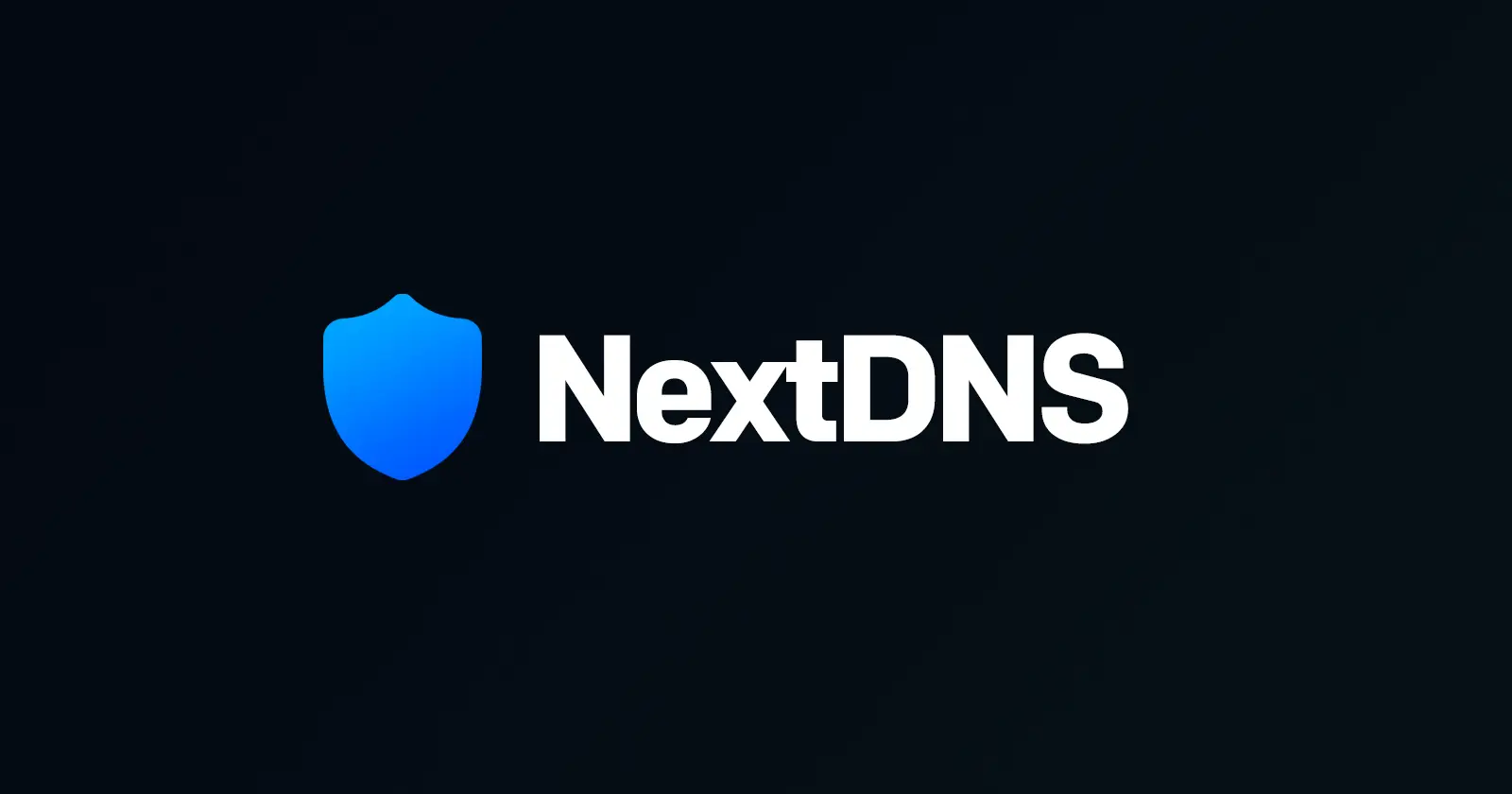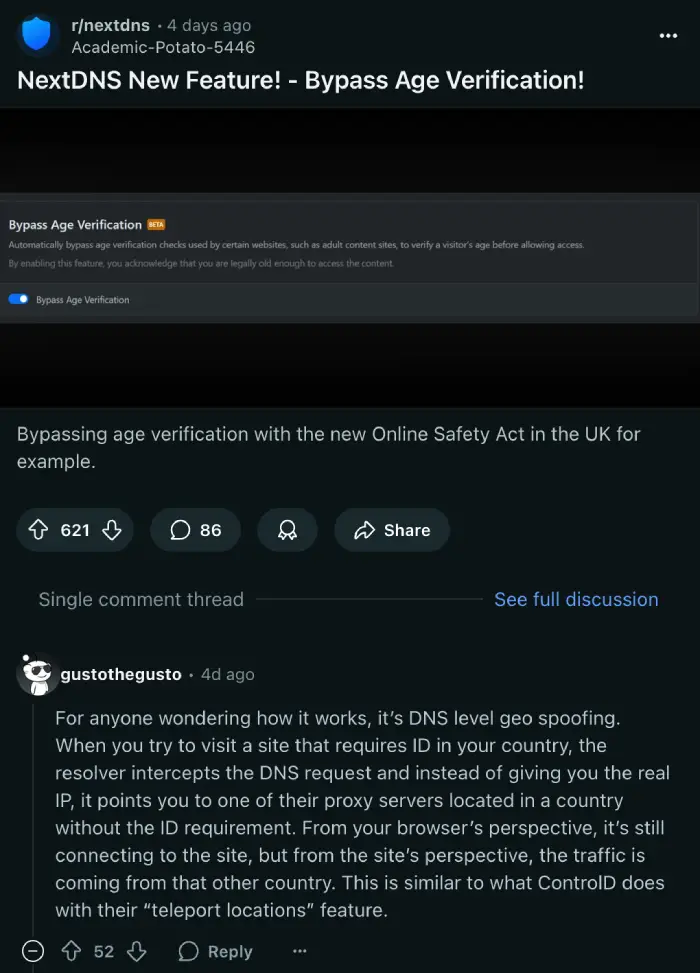People online have been talking about a new setting that showed up in NextDNS, the service that lets you customize your internet filtering. It’s meant to get around those age checks that some websites now require, especially for content aimed at adults. Users first noticed it a few days ago while adjusting their accounts, and it quickly spread through forums like Reddit. The tool isn’t something the company announced with a big press release; it just appeared in the options, leaving some to wonder if it’s still being tested.
NextDNS works by handling your DNS requests, which is basically how your device finds websites on the web. You can use it to block ads, stop trackers, or keep certain sites off-limits for kids. It’s easy to set up on various devices, from phones to routers, and they offer free and paid plans depending on how much you use it. This bypass feature seems aimed at countries with new laws forcing sites to verify ages, like the UK where the Online Safety Act recently started making platforms ask for proof of age before showing NSFW material.
From what users have figured out, the tool uses a kind of location trick at the DNS level. When you try to load a site that would normally prompt for ID in your area, NextDNS steps in and sends the request through a server in a different country without those rules. The site thinks the visit is coming from there, so it skips the verification step. It’s not a full VPN that reroutes everything; it only targets specific domains, which keeps your regular browsing speed normal.
These age restrictions are part of a wider push to make the internet safer for younger users. In the UK, the new act requires companies to confirm ages for porn sites and similar content, often through third-party apps that scan IDs or estimate age from photos.
The EU is discussing something called a Digital Majority Age to set consistent limits on social media for minors across countries. States in the US are moving toward similar requirements, with places like California considering bans on social media for those under 16 without parent approval. Canada just brought back a bill for online age checks too. The goal is to limit exposure to harmful stuff, but many argue it creates privacy issues, like sharing personal documents with unknown services that could get hacked.
Early feedback from users seems to be mixed. It’s labeled as beta, and tests show it doesn’t work on every site. For example, it reportedly fails on platforms like Reddit or X, where age prompts still appear. There’s also doubt about whether it helps with apps that ask for verification directly, not just websites. Plus, NextDNS has faced criticism lately; some long-time customers say the company hasn’t updated its block lists or added new tools in years, making parts of the service feel stale.
That said, if you’re dealing with these verifications and want to try it, log into NextDNS and look for the bypass option in settings. Feel free to drop a comment below letting us know if this worked for you or not.
TechIssuesToday primarily focuses on publishing 'breaking' or 'exclusive' tech news. This means, we are usually the first news website on the whole Internet to highlight the topics we cover daily. So far, our stories have been picked up by many mainstream technology publications like The Verge, Macrumors, Forbes, etc. To know more, head here.




